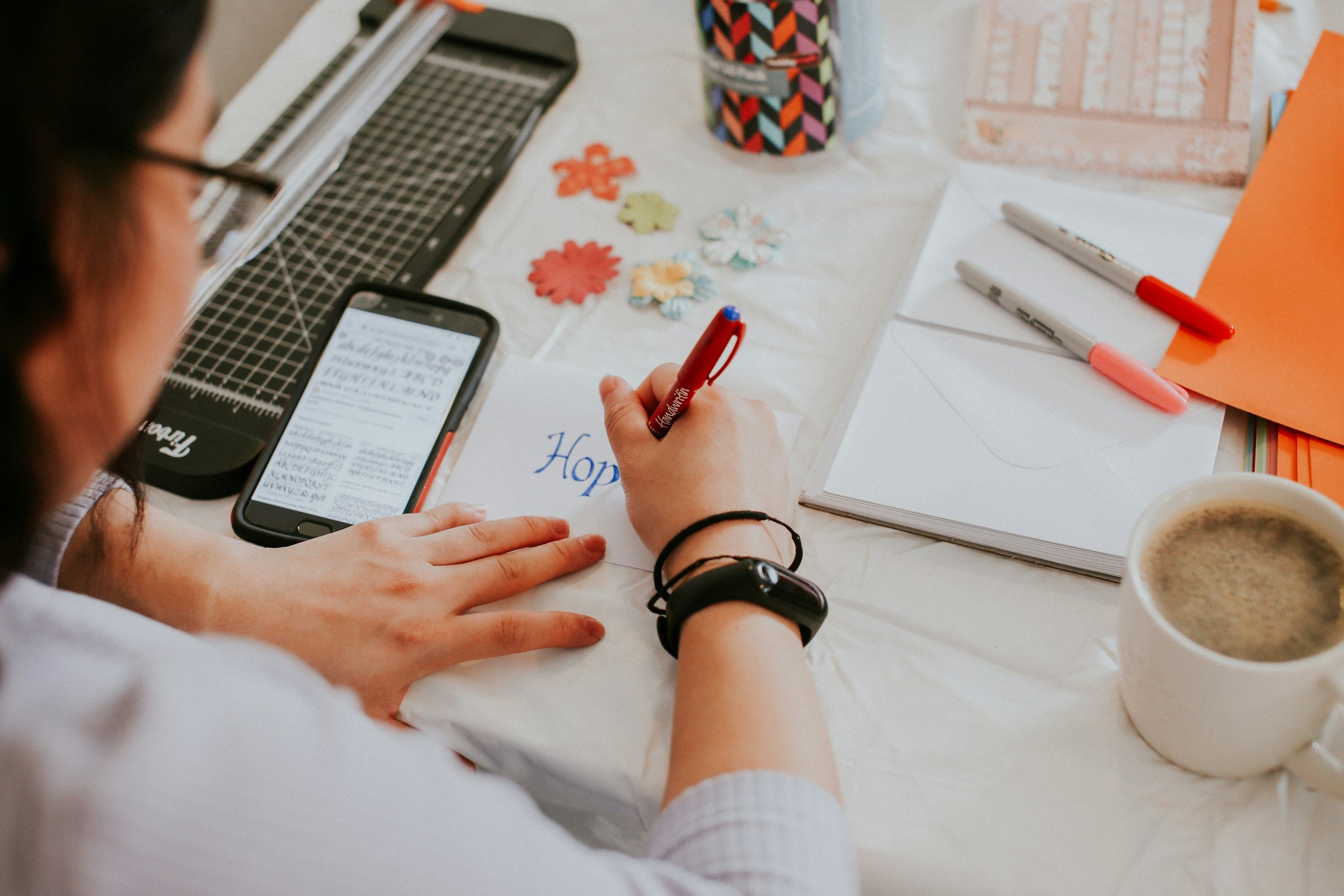Blog
The Key to Resilience in Business (Without Burnout!)
Running a business has its ups and downs, but resilience keeps you moving forward. Discover five key strategies to stay motivated, adapt to challenges, and thrive as an entrepreneur.
Exploring Spirituality in Therapy: Connecting with Your Inner Spark
Spirituality is the “more than”—the subtle, often unnoticed energy that surrounds and guides us when we tune in. It’s not about rigid beliefs but about listening to the intelligence of our hearts.
When Discomfort Signals Growth: Embracing Transformation
When we feel restless, stressed, or uneasy, it’s tempting to view these emotions as negative. But what if we reframed them as signs that something within us is ready to shift?
Navigating the Winter Season: Finding Light in the Darkness
In times of darkness, staying grounded is essential. Here are some simple but powerful ways to reconnect with yourself.
Finding Your Purpose in a Rapidly Changing World
I have worked with many people who, despite financial success, feel constrained and dissatisfied. Now, more than ever, it’s time to break free from what no longer serves us and find our North Star—our guiding purpose.
Embracing Creativity in Turbulent Times
When we fully embrace our creativity, we don’t just express ourselves—we contribute positively to the collective and feel more empowered in the process.
How to Move to the Next Level in Life and Business
At its core, bringing yourself to the next level isn’t about doing more—it’s about going within. It’s about getting curious, listening deeply, and aligning with what truly feels right.
Are You Creative?
Creativity isn’t just about art, music, or writing—it’s about thinking differently, seeing new perspectives, and expressing yourself in ways that feel meaningful to you.
Taking the Time to Tell the Time by the Tides
Many people are exploring entrepreneurial paths, seeking innovative ways to work and play, and blurring the lines between the two. The truth is, a fulfilling life isn’t about working harder—it’s about living with more alignment and intention.
The Power of Connecting to Ourselves and Each Other
Connection is vital—not only with others but also within ourselves. When we connect with who we truly are—our strengths, values, and heartfelt desires—we move toward a life that feels more authentic and fulfilling.
Living with Courage
If you’re feeling the pull toward change but struggling with self-doubt, here are a few key reflections to help you move forward.
Taking Your Courageous Next Step – Staying Close to the Way You Were Made
Now, more than ever, as old structures continue to erode, we are being called to remember who we truly are and to honour that version of ourselves. After all, what else is of real value—to ourselves or to anyone else?
Creativity, Fear, and Uncertainty
I’ve been thinking about the uncertainty and fear that so many are experiencing. The rising cost of living, global instability, climate change, homelessness, and war—the list can feel overwhelming.
Visibility: Overcoming the Fear of Being Seen
Many creative entrepreneurs struggle with the fear of being seen. Some of these fears stem from personal experiences, while others are deeply ingrained in cultural and societal conditioning—particularly for women.
Digging From Our Own Well: Finding Inner Nourishment
Some of the most meaningful and fulfilling work I’ve done has not been paid work. It has been the work that felt deeply aligned with my values, leaving me feeling joyful, satisfied, and purposeful.

















